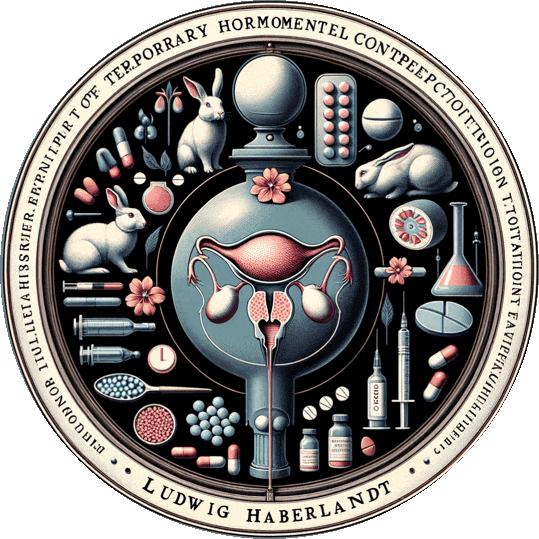Ludwig Haberlandt (1885-1932) was an Austrian physiologist recognized as The Father of Hormonal Contraception due to his pioneering research into the hormonal regulation of fertility. In the early 20th century, Haberlandt's work laid the foundational principles for the development of the birth control pill, marking a monumental shift in reproductive health and gender equality. Haberlandt first conceptualized hormonal contraception in 1921, positing that it was possible to prevent pregnancy by administering extracts from the ovaries and placenta in rabbits, demonstrating that these injections could temporarily inhibit ovulation. Although his initial findings were met with skepticism and resistance, they introduced the idea that controlling fertility could be achieved through hormonal manipulation. The significance of Haberlandt's discoveries cannot be overstated. By establishing the hormonal basis for contraception, he paved the way for the development of the oral contraceptive pill, which was introduced to the public in the 1960s. This innovation has had profound implications for women's rights, allowing women greater control over their bodies and reproductive choices, facilitating participation in the workforce, and contributing to societal shifts towards gender equality. Haberlandt's contributions were not widely recognized during his lifetime. He was far ahead of his time. Rest in peace. https://en.wikipedia.org/wiki/Ludwig_Haberlandt Art&Text supported by ChatGPT.
